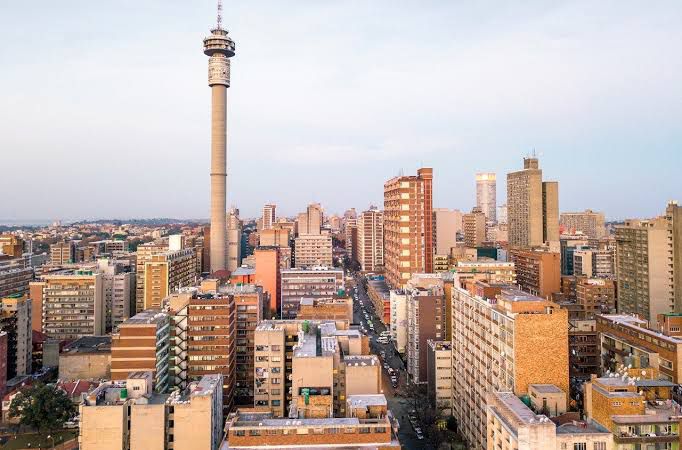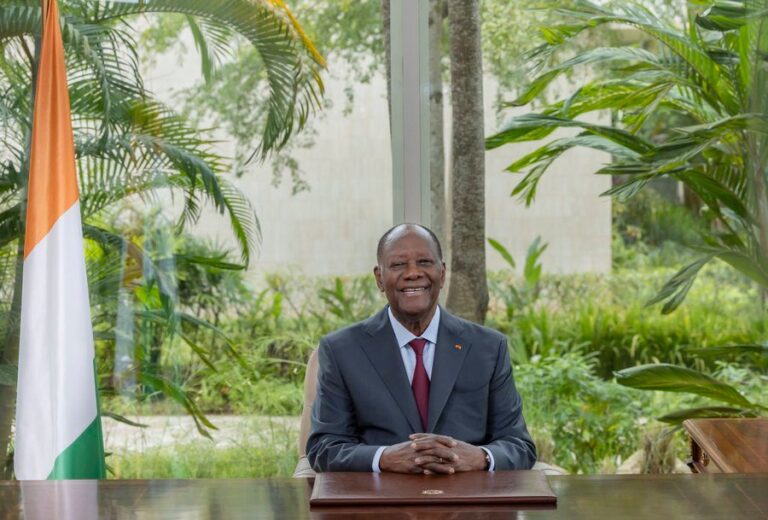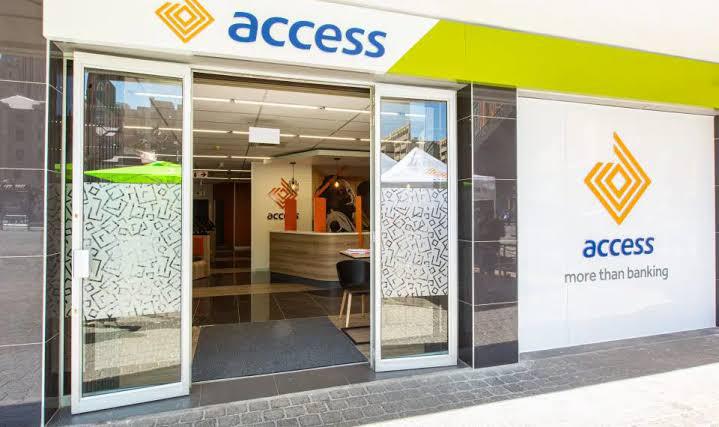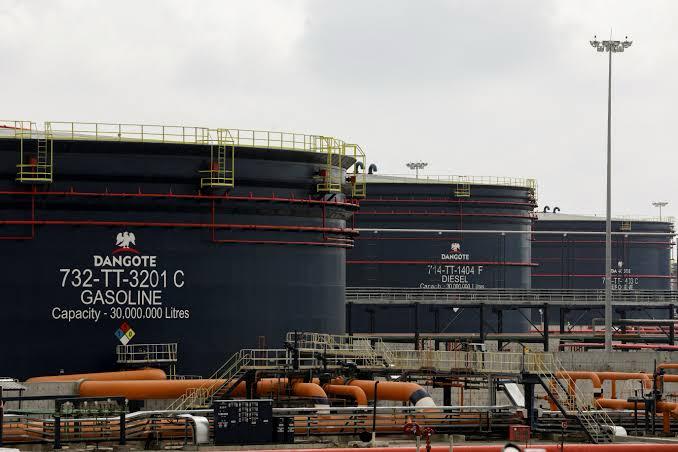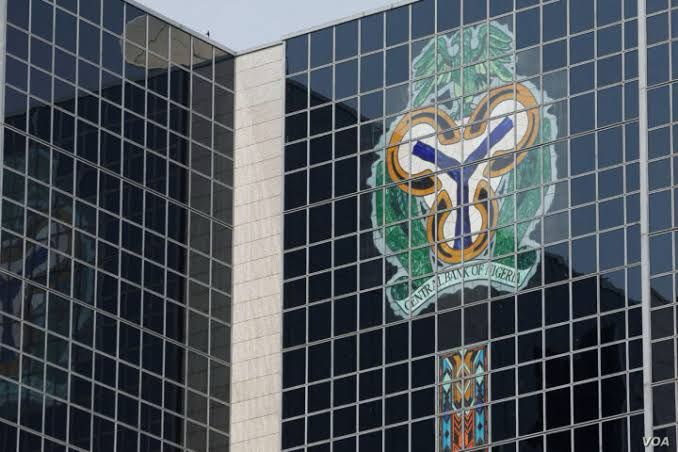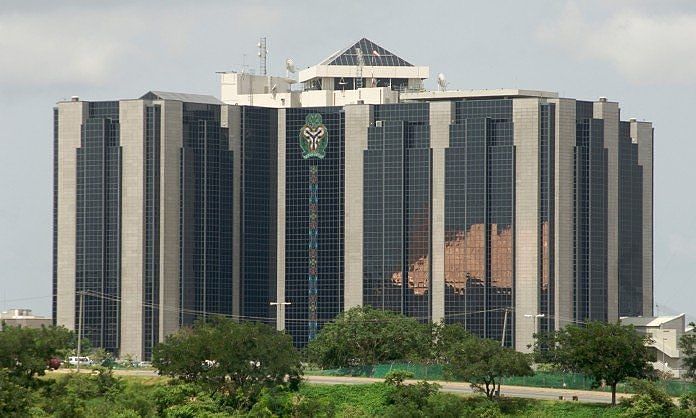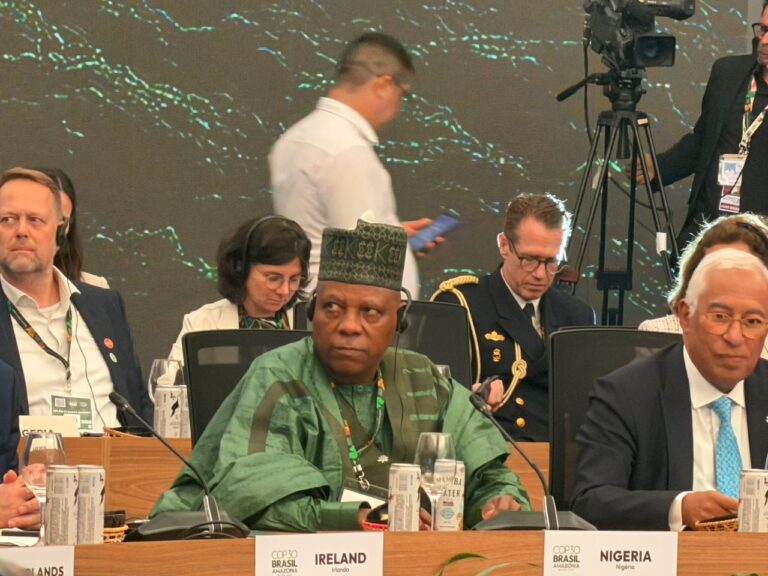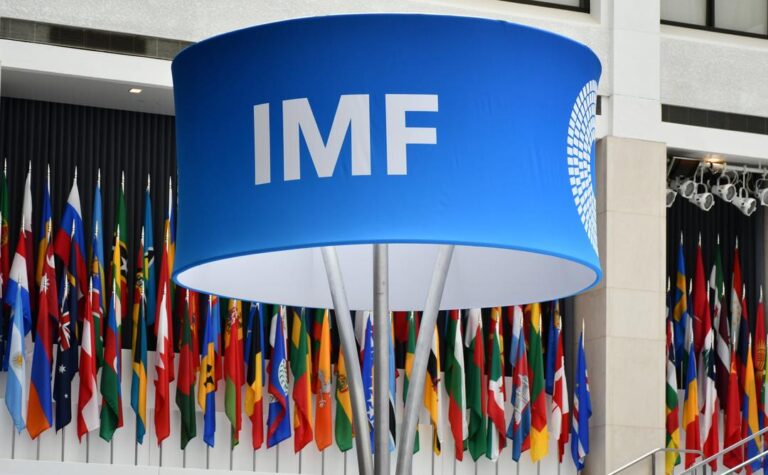South Africa’s consumer price inflation (CPI) climbed to 3.5% year-on-year in July, reaching its highest level since September 2024.
The increase, driven by significant rises in food and fuel prices, nevertheless keeps the inflation rate well within the South African Reserve Bank’s (SARB) target range of 3% to 6%.
According to recent data released by Statistics South Africa, the headline inflation rose from 3.0% in June, a jump that was in line with economists’ expectations.
The month-on-month increase was 0.9%. While the uptick is a sign of building price pressure, it does not immediately threaten the central bank’s current non-aggressive monetary policy stance.
Driving Forces Behind the Rise
The primary culprits for the acceleration in inflation were the food and non-alcoholic beverages and housing and utilities categories.

- Food and Non-Alcoholic Beverages: Inflation in this crucial category rose to 5.7% year-on-year in July, up from 5.1% in June. This was largely fueled by soaring meat prices, particularly beef, which saw its annual inflation rate accelerate to 10.5%. Vegetable inflation also quickened to 14.6% annually, putting further pressure on household budgets.
- Fuel Prices: After four consecutive months of deflation, fuel prices edged higher. The annual rate for fuel rose from -11.2% in June to -5.5% in July, reflecting a shift in the downward trend.
- Municipal Tariffs: The annual adjustment of municipal tariffs in July also contributed significantly to the inflation figure. Water and electricity tariffs increased by 12.1% and 10.6% respectively.
Monetary Policy and Future Outlook
Despite the rise, the SARB is not expected to change its course in the immediate term. The bank’s Monetary Policy Committee (MPC) has been focused on guiding inflation toward the 4.5% midpoint of its target range, and recently, has signaled a preference for a lower 3% target.
The central bank has already cut its main lending rate at three of its four policy meetings this year, with the latest cut in July bringing the rate to 7.00%. The SARB has maintained its position that for inflation to be anchored at a permanently low level, a lower target is necessary.
However, Finance Minister Enoch Godongwana has indicated that a formal change to the target requires further consultation and will not be announced in the upcoming mid-term budget.
With economic growth for 2025 forecast to be subdued at around 0.9%, the central bank is balancing the need to control inflation with the aim to support a fragile economy. The rising prices, particularly for staples, disproportionately affect low-income households, who spend a larger portion of their earnings on food.

This adds to the social and economic challenges facing Africa’s leading economy, which also grapples with high unemployment and infrastructure deficiencies.



